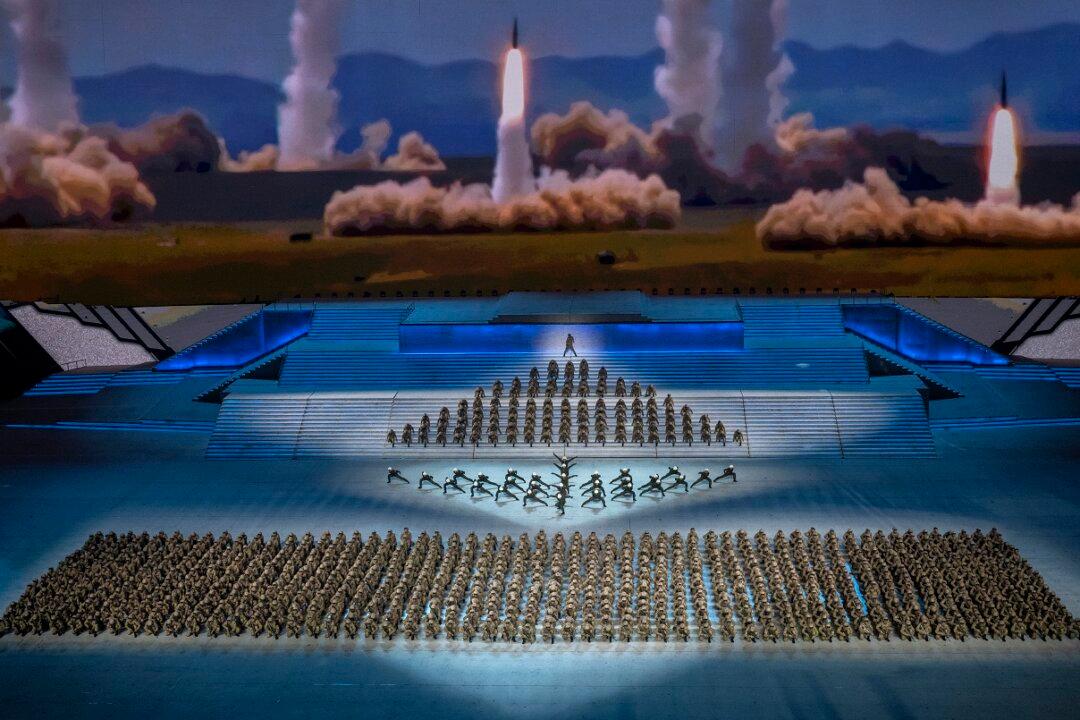Commentary
The head of NATO has issued a warning about the China threat, including from Chinese investment in democracies’ critical infrastructure, and called for stronger domestic defenses.

The head of NATO has issued a warning about the China threat, including from Chinese investment in democracies’ critical infrastructure, and called for stronger domestic defenses.